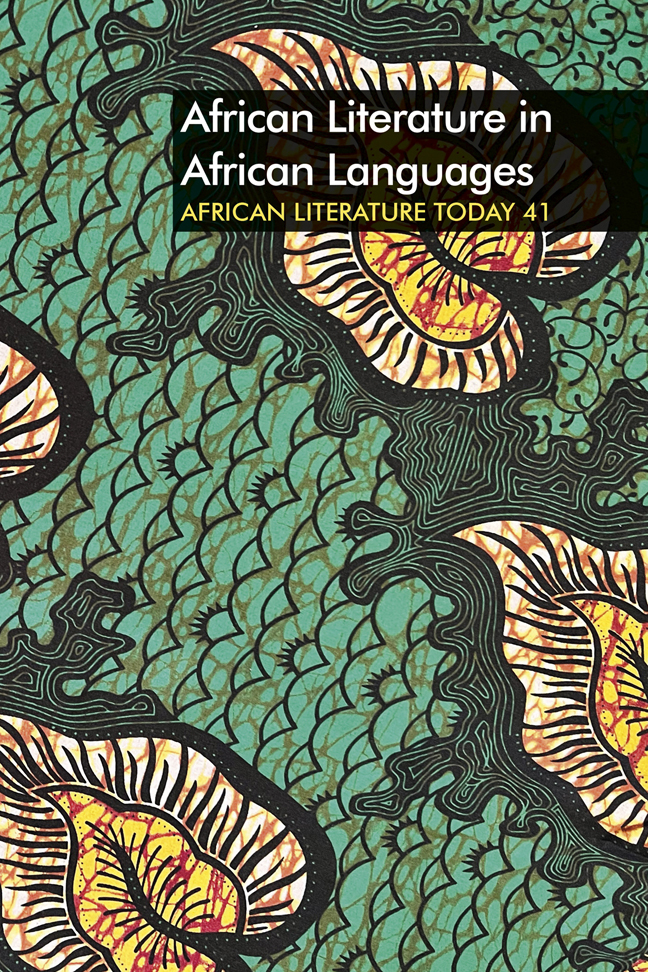The Panegyric of the Champion: How Wolof Wrestlers Borrowed from Female Oral Genres to Win In and Outside the Arena
Published online by Cambridge University Press: 22 February 2024
Summary
Traditional wrestling is a transnational phenomenon in Senegal and is considered the country's national sport. But, làmb (traditional Senegalese wrestling) is no longer the same amateur and folkloric pastime. It is a professional sport in which wrestlers earn millions, and one would not know that there existed within làmb a Wolof panegyric genre of poetry and performance called bàkku. Bàkku was a performance in which a Wolof wrestler recited a reflexive poem and executed an exuberant dance at the end. In the 1990s, Camara and Mitsch were already lamenting the loss of originality in bàkku because wrestlers no longer displayed the verbal creativity that made bàkku a rich oral narrative of the self (‘A’jami Literature in Senegal: The Example of Sëriñ Muusa Ka’ 172). As traditional wrestling progressed into a capitalist mega sport with promoters pouring millions into matches, enticing young people who struggle with unemployment to see wrestling as a lucrative professional career, bàkku performances gradually disappeared. Some wrestlers tried to resurrect bàkku but soon realized they did not have the poetic talent of orators like Abdourahmane Ndiaye Falang, Ndiouga Tine, or Mame Gorgui Ndiaye who remain some of the greatest bàkkukat (performers of bàkku) in the history of traditional Senegalese wrestling. It is worth noting that Senegalese musicians like hip-hop singers still adopt bàkku aesthetics, which they consider closely related to the rap battle. While traditional Senegalese wrestling is increasingly the subject of scholarship, bàkku remains understudied because it does not fit into the oral genres performed by Wolof griots. Scholars primarily define bàkku as a genre in which wrestlers boast about their physical strength and self-aggrandize to impress the public and intimidate opponents. Babacar Mbaye views bàkku as an extroverted verbal performance in which the Wolof wrestler transgresses traditional caste hierarchy and embodies griot attributes by singing his own praises, therefore becoming his own griot (Mbaye 189). My examination of bàkku aligns with these definitions but argues that bàkku also borrowed from female genres like xaxar (verbal battles between women in a polygamous context) and taasu, reflexive poems women perform at family ceremonies in which they self-aggrandize. I use my work on xaxar and Lisa McNee's theoretical approach to taasu to read bàkku as a gift to oneself and others. Within this gift economy, the wrestler poet denigrates opponents while entering a transaction relationship with audiences for their mutual benefit in and outside the arena.
- Type
- Chapter
- Information
- African Literature in African Languages , pp. 49 - 63Publisher: Boydell & BrewerPrint publication year: 2023

